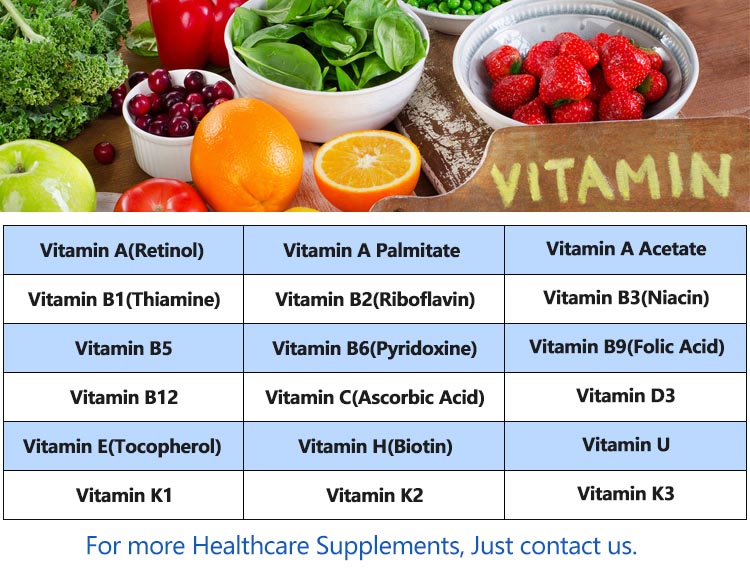Biotin, also known as vitamin B7, is a water-soluble B vitamin that plays a crucial role in several important physiological functions. Its primary role is as a coenzyme for carboxylase enzymes, which are involved in essential metabolic processes such as:
- Carbohydrate Metabolism: Biotin assists in the conversion of pyruvate to oxaloacetate, an essential step in gluconeogenesis (the production of glucose from non-carbohydrate sources). It also helps in the metabolism of carbohydrates by aiding in the breakdown of glucose.
- Fatty Acid Synthesis and Metabolism: Biotin is important in the production of fatty acids. It acts as a cofactor for acetyl-CoA carboxylase, which is involved in the synthesis of fatty acids, and plays a role in maintaining the proper balance of lipids in cells.
- Amino Acid Metabolism: Biotin is involved in the metabolism of certain amino acids, such as leucine, which are essential for protein synthesis and energy production.
- Gene Expression Regulation: Biotin can also influence gene expression, particularly in processes related to cell growth, differentiation, and apoptosis (programmed cell death).

- Nervous System Health: Biotin contributes to maintaining a healthy nervous system by supporting the synthesis of neurotransmitters and playing a role in the health of the myelin sheath, the protective covering of nerve fibers.
- Hair, Skin, and Nail Health: Biotin is often associated with improving hair, skin, and nail health, though the scientific evidence supporting its direct effects on hair growth is limited. Biotin deficiency can lead to hair thinning, rashes, or brittle nails.
Deficiency:
Biotin deficiency, though rare, can result in symptoms like thinning hair, scaly red rashes, brittle nails, and neurological symptoms (depression, lethargy, hallucinations). It is typically caused by conditions that impair nutrient absorption, like certain gastrointestinal disorders, or by the consumption of large amounts of raw egg whites (which contain avidin, a protein that binds biotin and prevents its absorption).
Sources:
Biotin is widely available in foods such as:
- Eggs (specifically yolk)
- Nuts and seeds (almonds, walnuts, sunflower seeds)
- Legumes (beans, lentils)
- Whole grains
- Liver and other organ meats
- Certain fruits and vegetables (such as sweet potatoes and avocados)

The body can also synthesize biotin, thanks to bacteria in the gut, which may contribute to an individual’s overall biotin supply. However, biotin deficiency from dietary insufficiency remains uncommon due to its widespread availability in food and the body’s ability to synthesize some biotin.
